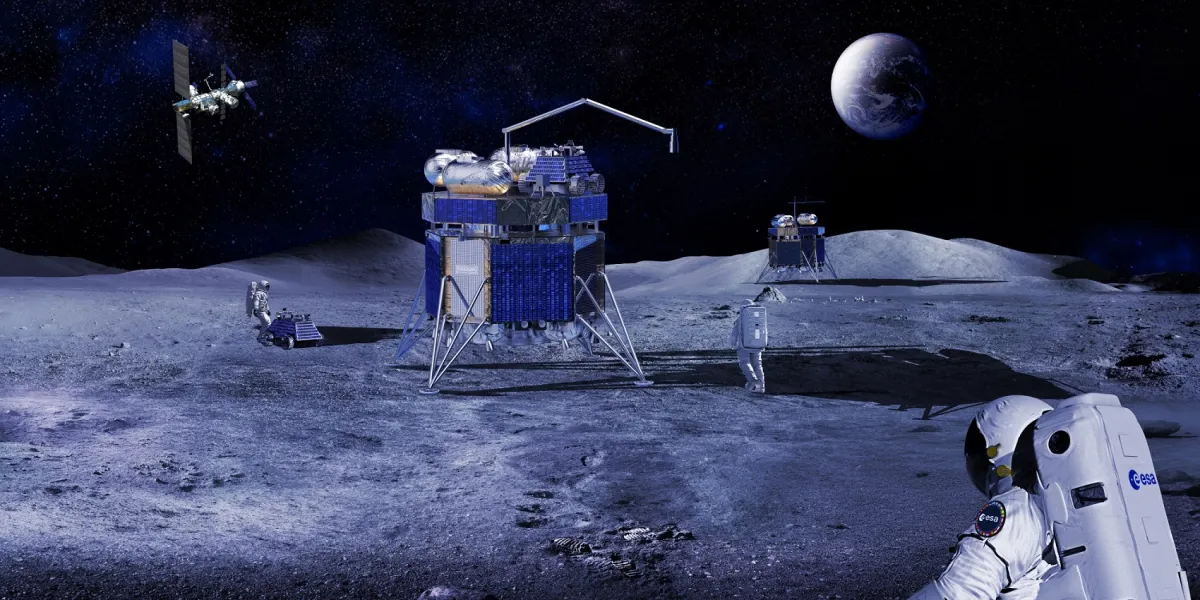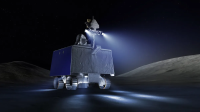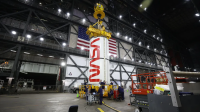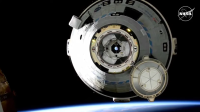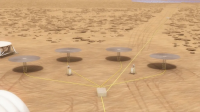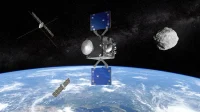Thales Alenia Space has been awarded a contract valued at nearly $900 million to develop the Lunar Descent Element (LDE) for the European Space Agency's (ESA) Argonaut cargo lander, a key component for upcoming lunar missions set to begin in the 2030s.
The contract, announced on January 30, covers mission design and the integration of the LDE, which will be responsible for transporting and safely landing payloads on the Moon. The LDE will be accompanied by an adaptable interface element, capable of supporting a wide range of scientific and cargo payloads. This flexibility is intended to support various missions, including supplying astronauts, deploying rovers, hosting technology demonstrations, and facilitating lunar resource utilization.
Hervé Derrey, CEO of Thales Alenia Space, highlighted the versatility of the Argonaut lander, noting that it is designed to support both scientific and commercial objectives. “This new element of the Artemis program will facilitate long-duration human lunar exploration missions and be crucial for enhancing European autonomy in lunar exploration,” Derrey said.
Argonaut's first mission is expected to deliver critical navigation and telecommunications payloads, along with energy generation and storage systems, focusing on the exploration of the lunar south pole. Thales Alenia Space also sees potential for Argonaut to play a role in NASA's Artemis lunar missions, with the lander's capacity of approximately two metric tons of cargo making it a valuable asset for future international lunar efforts.
While Thales Alenia Space is leading the development of the LDE, the overall mission responsibilities, including payload integration and operations, will be determined through a separate procurement process. The European Space Agency has not yet specified the details of this future process.
The contract represents a significant step in ESA's broader lunar exploration plans and contributes to the growing partnership between Europe and NASA, particularly under the Artemis program. Thales Alenia Space, a joint venture between France's Thales and Italy's Leonardo, continues to expand its role in the international space community with this critical new mission.

